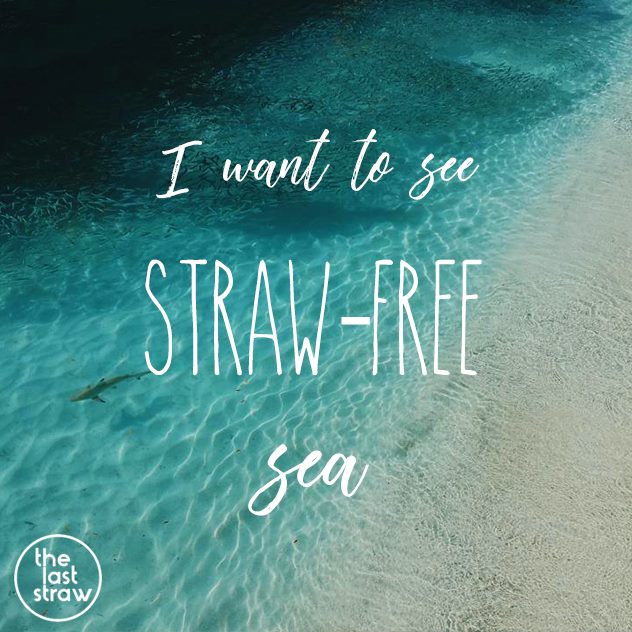Switch your thinking are partnering with The Last Straw to encourage local businesses and consumers to quit plastic straws. Find out how you can help reduce the amount of plastic waste entering our environment.

Switch your thinking is proud to announce a new partnership with The Last Straw. We’re encouraging local businesses to go plastic straw free to help reduce the amount of plastic waste entering our environment. We’re also encouraging consumers to refuse plastic straws when out and about.
Here are some ways you can help us make a difference.
- When you next order a drink, request no straw and explain why.
- Contact your favourite cafe, bar or restaurant and encourage them to make the pledge to reduce plastic straws. You can find lots of support including a how-to guide at laststraw.com.au
- Venues can sign up to The Last Straw online or by contacting us.
Local venues that sign up will receive a great incentive pack including reusable straws and customer educational material to assist with the transition away from disposable plastic straws.
Why the focus on plastic straws?
There is an alarming disconnect between what’s in our hands, where it comes from and what it means for the future. A plastic straw in my milkshake might seem innocent enough, but multiply that by the billions of people that buy billions of drinks across the world every single day, and you start to get an idea of the scale of the problem.
The Last Straw is changing the culture around unnecessary plastic use. We are now much more aware of the impacts of plastic waste, particularly to our precious oceans, rivers and wetlands and all the critters that call these places home. As consumers, we have also become better educated about the impacts of our purchasing choices and are demanding a higher level of environmental awareness and sustainability from the venues we frequent.
